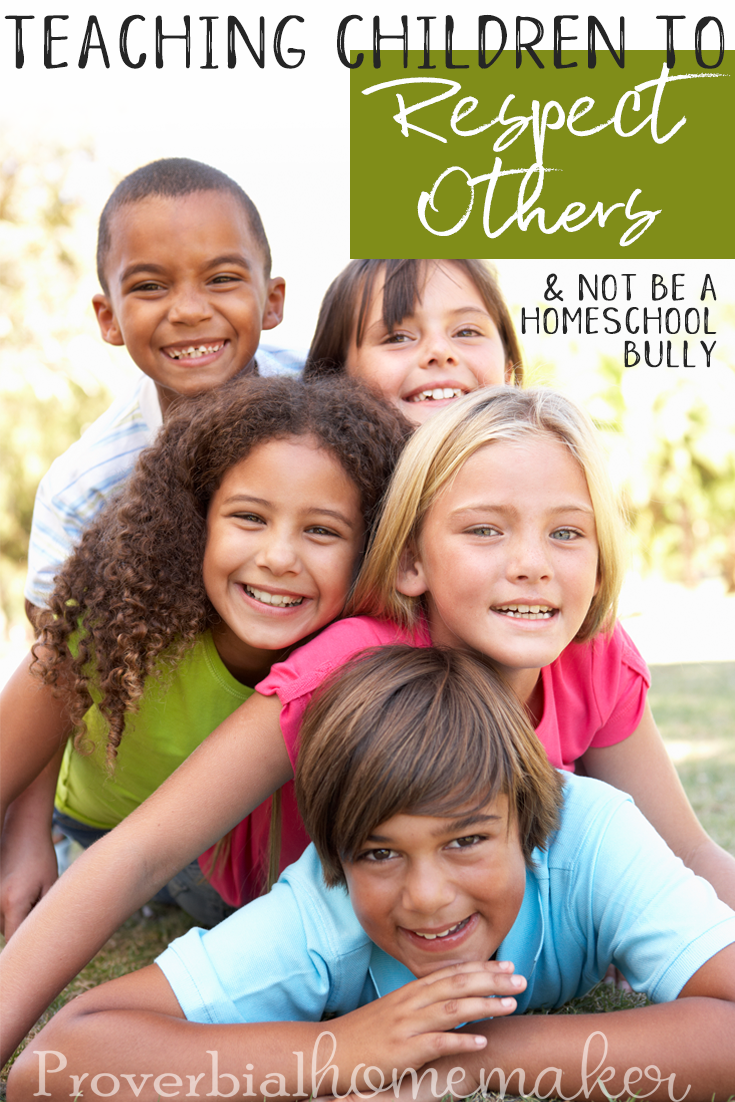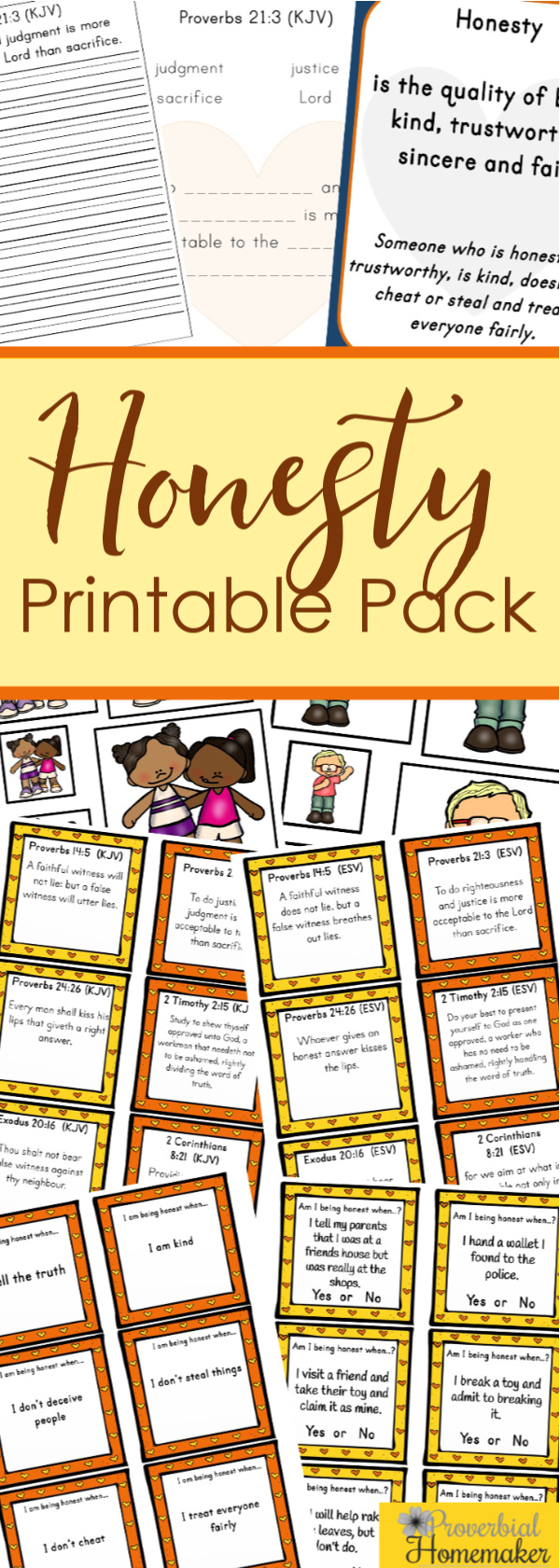Resources to Help Kids Learn About Good Citizenship
Published:
January 28, 2020
Contributor:
Jeannette Tuionetoa
Disclosure: This post may contain affiliate links, meaning if you decide to make a purchase via my links, I may earn a commission at no additional cost to you. See my disclosure for more info.
To some, being a good citizen can be subjective. To me, there are specific characteristics we can work on to become a good citizen of our land. They are undeniable, and many of us will agree. These resources to help kids learn about good citizenship will instill characteristics that to last a lifetime.
I don’t miss much about public school. I do, however, miss public school mornings when we would say the Pledge of Allegiance to the Flag. It was the first experience I had in acknowledging and appreciating my citizenship in America. We are now in very interesting times when being a citizen of the U.S. can mean a lot of different things to different people.
Pride in our country is something that is almost hated by those who, well, hate being here. However, being a citizen is more than just loving our country. Being a good citizen is doing what is within our power to make our country (or whichever country you live in) a better place.
As I previously mentioned, some essential character traits can develop good citizenship in our kids. Here are a few:
Compassion
This is the ability for us to empathize with others. Teaching compassion can be difficult because it is evident that the world we live in tends to be centered around self.
Ephesians 4:32 instructs us to be kind and compassionate to one another, forgiving each other, just as Christ forgave us.
Here are some activities for teaching children compassion (free printable) from Keri Lynn Snyder.
Respect
Respect is a concept that is better shown than explained. We provide a great (or not so great) example in this area for our kids. We can lead by example in listening, extending courtesy, accepting of differences in people, and having compassion for others.
Respect is not only towards people, but we can also teach our kids to respect other cultures and traditions. We also do well to teach our kids to respect the authority of those who serve as police officers to respect the country, which is has provided so many opportunities for people and the American flag, which represents it all.
The Multi-Tasking Mom provides a biblical approach to teach your kids respect for others (FREE printables).
The Proverbial Homemaker explains how to teach kids to show respect in deep and meaningful ways.
Responsibility
We, including our children, are accountable to God for how we live our lives and what we do with it. Our children need to know they are a part of something larger and that their role is essential.
Check out our post on How to Help Your Child Develop Responsibility.
Grab these free printable Chore Charts That Teach Responsibility from We Have Kids.
Honesty
Telling the truth can be a challenging task with our kids. They have this tendency to be dishonest, so we must help them through the journey in learning God’s truth. This is a characteristic that doesn’t seem to hold much value in the world anymore, but as children of God, we can search and seek to be honest in all we do.
Grab this Free Honesty Printable Pack for Kids from the Proverbial Homemaker.
Explore our insight on How to Encourage Honesty in Your Child (Includes Free Resources).
Courage
Being honest takes a lot of courage at times. Being honest, according to God’s Word, will take an incredible amount of courage and more and more as your child gets older. Standing on God’s Word can mean we are going against everything society tells us to do. However, being a good citizen of our land takes courage.
In another context, our kids will face having to tell others they shouldn’t litter or that they shouldn’t smoke. We pray that our children will be brave in times when they may have to stand alone.
This Courage Unit Study- Jesus Christ Characteristics from Love at Home Education may help.
Being a good neighbor
Fostering a child’s sense of community to be a good citizen can be encouraged by many actions that are practical and very doable. The model for this behavior is the Servant of all, Jesus Christ.
Showing our servant-hood to our neighbors/fellow citizens can be done in the following ways:
- Bake cookies for your local fire station.
- Send letters to troops abroad through A Million Thanks or other non-profit organizations.
- Help pick up trash at a local park.
- Mow an elderly neighbor’s lawn.
- Volunteer at a local shelter, food bank, etc.
- Encourage kids to read books about being a good citizen.
Check out these books that can help your children become responsible citizens:
What Can a Citizen Do? (Kids Story Books, Cute Children’s Books, Kids Picture Books, Citizenship Books for Kids)How to Be a Good Citizen: A Question and Answer Book About Citizenship (A+ Books: Character Matters)Her Right Foot (American History Books for Kids, American History for Kids)A Very Important DayMaddi’s FridgeBlizzard
Grab these free resources to help kids learn about good citizenship in your homeschool:
FREEBIE! Label Good Citizens: Kindergarten & First Grade Social Studies | Class of Kinders
Good Citizens Tree Map | Teach Little Texans
Free Printable Citizenship Activities for Kids & Families | Sunny Day Family
Good Citizenship Freebie | Terrie Campbell
5 Steps to Teaching Good Citizenship & A Freebie | Happy Days in First Grade
Good Citizenship Skills | Mrs Bell The Crafty Counselor
Citizen Resources | GoodCitizen.org
Try these budget-friendly resources for teaching good citizenship at home:
Citizenship Skills Worksheet | Empowered by Them
What Makes a Good Citizen? | Walk with Me a Second
What is a Good Citizen? | A Series of 3rd Grade Events
Being a Good Citizen in My Community | Allison Jones
Citizenship – Being a Good Citizen | First Grade Fun Times
Good Citizenship Scoot Game | Counselor Chelsey
Social Studies Citizenship Unit | Valerie Steinhardt
Community CITIZENSHIP Debates | Educircles-org 21st Century Skills
These resources to help kids learn about good citizenship will equip you to teach and equip kids to learn valuable traits. We can teach our children academics until they (and we) are blue in the face, but the fact of the matter is our kids will leave our home one day. They will need to learn to function well in society; they need to learn to use their skills and serve others. These skills aren’t normally innate. It is our role as parents to train our children in this way.




















